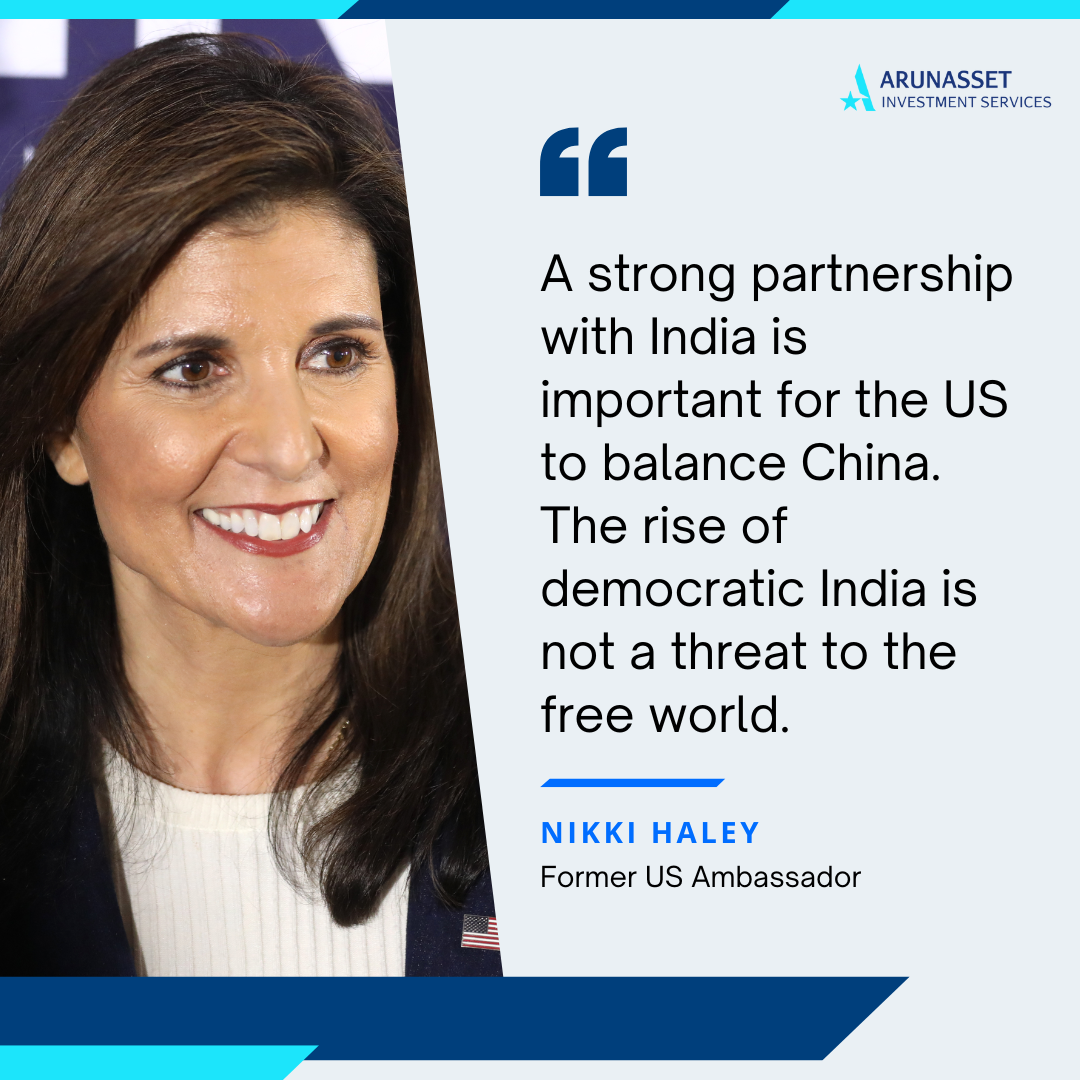The United States says its new tariffs are meant to punish India for buying Russian oil. Don’t be fooled. This is about far more than crude shipments. It is about trust, respect, and the way Washington now treats even its closest partners. And that trust has been broken.
In mid-August, the Trump administration piled an extra 25 percent tariff on Indian exports, doubling existing duties to 50 percent on some goods. The official line is simple: India’s oil purchases fund Moscow’s war machine. But the reality is more complex. Europe still buys Russian gas. China imports even more Russian oil than India. Neither faces penalties. Only India is being targeted. That inconsistency cannot be explained by principle. It speaks to a White House that views trade policy as a political weapon, deployed arbitrarily and often against friends rather than adversaries.

This is not the first time. Brazil runs a trade deficit with the United States but still finds itself in Washington’s crosshairs. South Korea has a free trade agreement yet hasn’t been spared. When allies and partners are treated this way, the message is unmistakable: deals and deficits do not matter, nor do shared values. What matters is political leverage. And that makes any relationship with Washington fragile, because it can shift overnight.
For India, the problem is not just higher duties. It is the deeper signal that the U.S. cannot be relied upon. For more than two decades, successive governments in Delhi took political risks to build trust with Washington. They pushed through the civil nuclear deal despite fierce domestic opposition. They opened their markets to U.S. companies. They framed a common vision for the Indo-Pacific. All of it rested on the belief that America would treat India differently from the way it treated adversaries — that disagreements would be managed with respect, not punishment.
That belief looks naïve today. Overnight, tariffs have doubled. Overnight, India has been labeled complicit in a war it did not start. Overnight, decades of careful trust-building have been undone. And Indians are right to ask: if this can happen over oil, what happens tomorrow when the disagreement is over agriculture, technology, or climate?

Delhi’s response has been defiance. Prime Minister Narendra Modi has called the tariffs unjustified and rallied Indians to “buy Made in India.” Foreign minister S. Jaishankar has bluntly reminded Washington that Europe’s trade with Russia dwarfs India’s, yet no European capital faces such threats. India imports nearly half its oil from Russia; cutting it off would cripple growth. No serious government can accept that demand.
The danger for Washington is that it is pushing India away. Already, Delhi is doubling down on its partnership with Moscow, referring to Russia once again as an “all-weather friend.” High-level visits are back in vogue. Even Beijing, long seen in India as the primary threat, is being courted at regional forums. Modi is preparing to attend a summit in China, the first in years. These are not signs of a country cowed by tariffs. They are signs of a country hedging its bets.

What makes this rupture so tragic is how unnecessary it was. The U.S. and India had genuine momentum. They shared concerns over China, aspirations for technology cooperation, and hopes of shaping global energy markets together. Instead, tariffs have turned those hopes into suspicion. Trust — that most intangible yet most essential element — has evaporated.
Yes, negotiators will eventually hammer out a deal. Maybe duties will come down to 25% percent. Maybe a face-saving compromise will be found. But that will not change what has happened. Once a partner has been humiliated, once a country has been punished publicly and singled out unfairly, the memory lingers. Trust, once gone, does not return easily.
India will not forget this episode. Nor should it. The lesson is stark: in today’s Washington, even friends can be treated as bargaining chips. That reality will shape Indian strategy long after the tariff dispute fades.
The U.S. may still hope to count on India in the Indo-Pacific. But Delhi will look at these tariffs and remember how quickly partnership can turn into punishment. That is the real casualty of this tariff war. And no trade deal can repair it.

